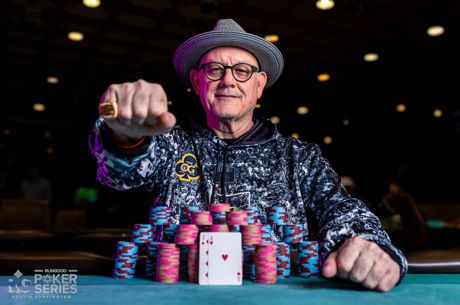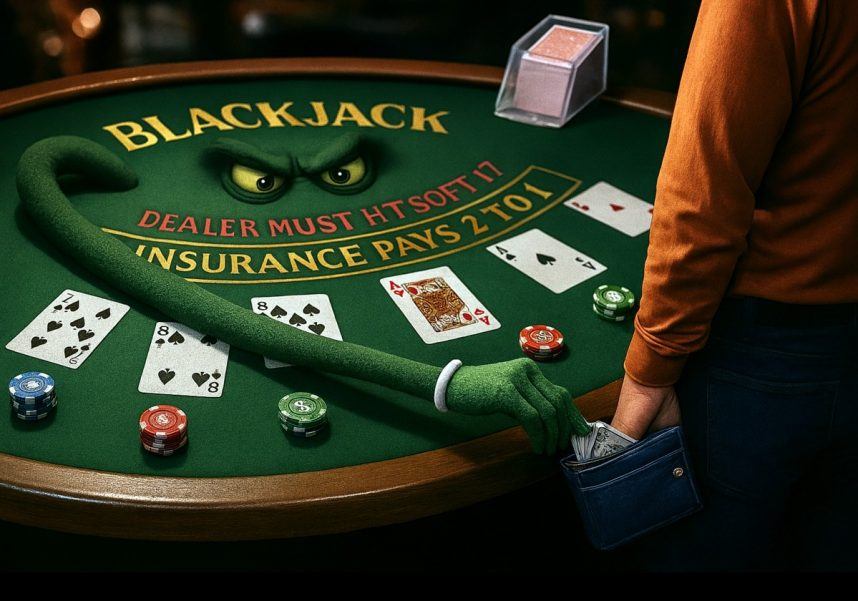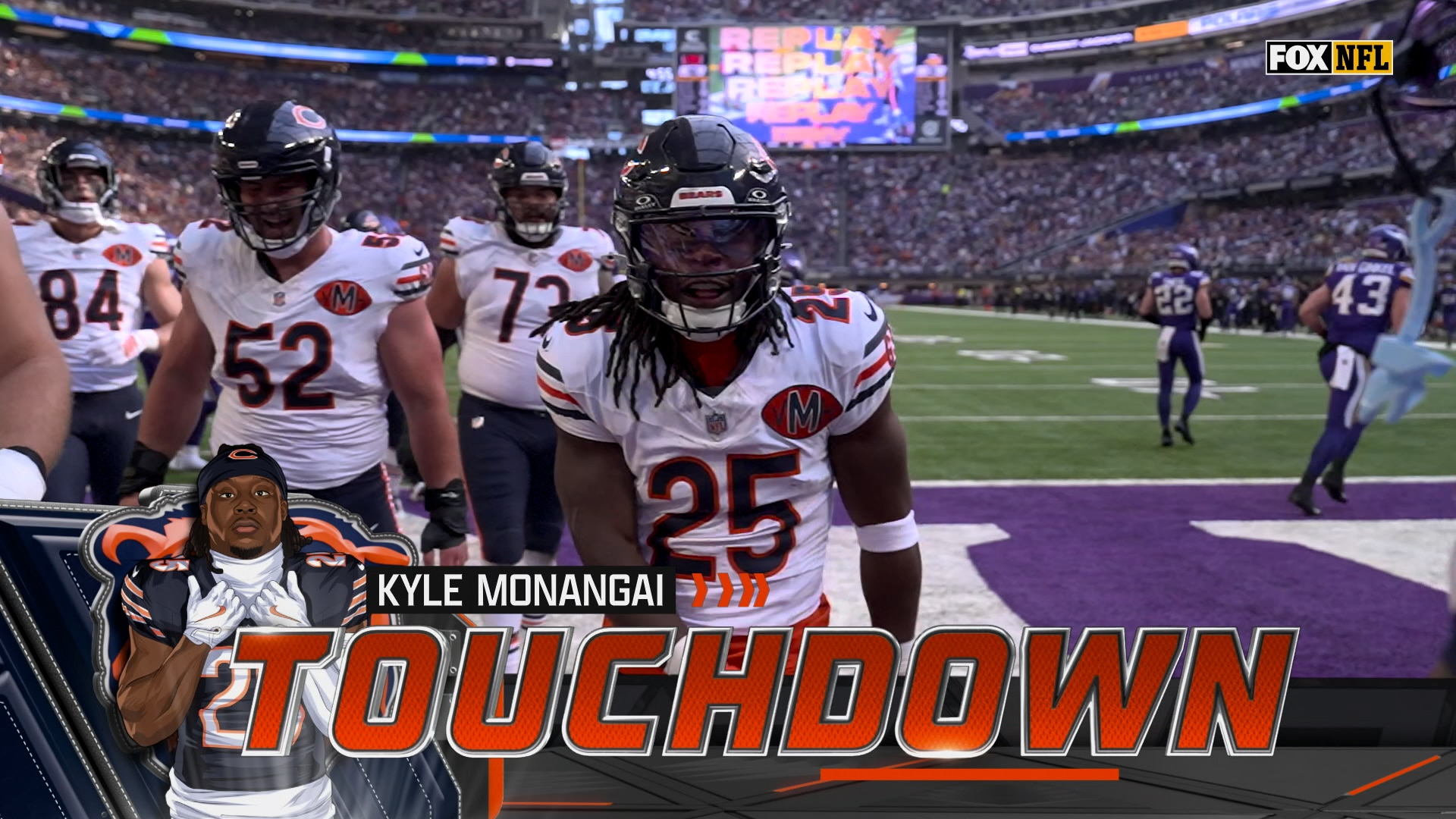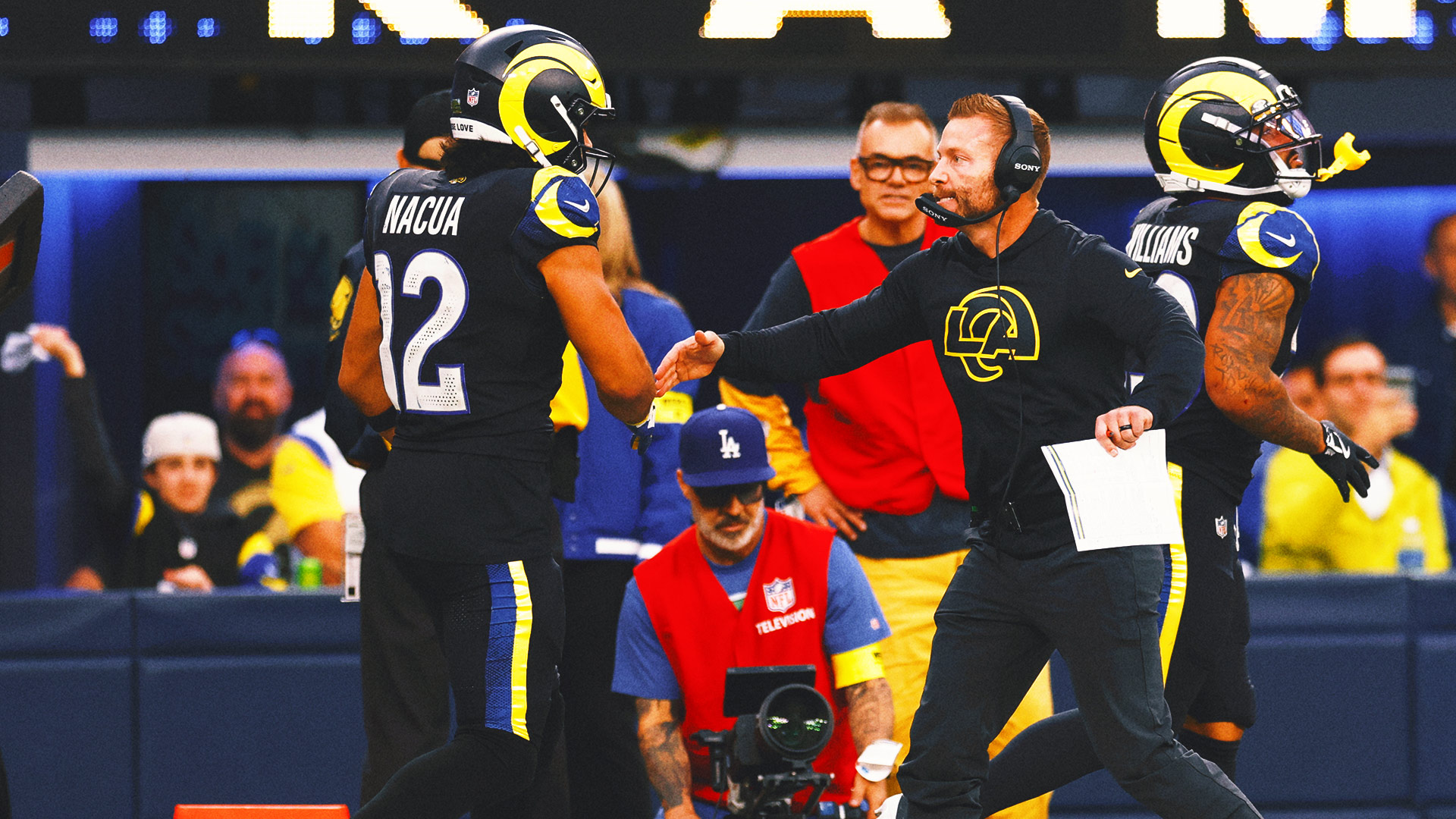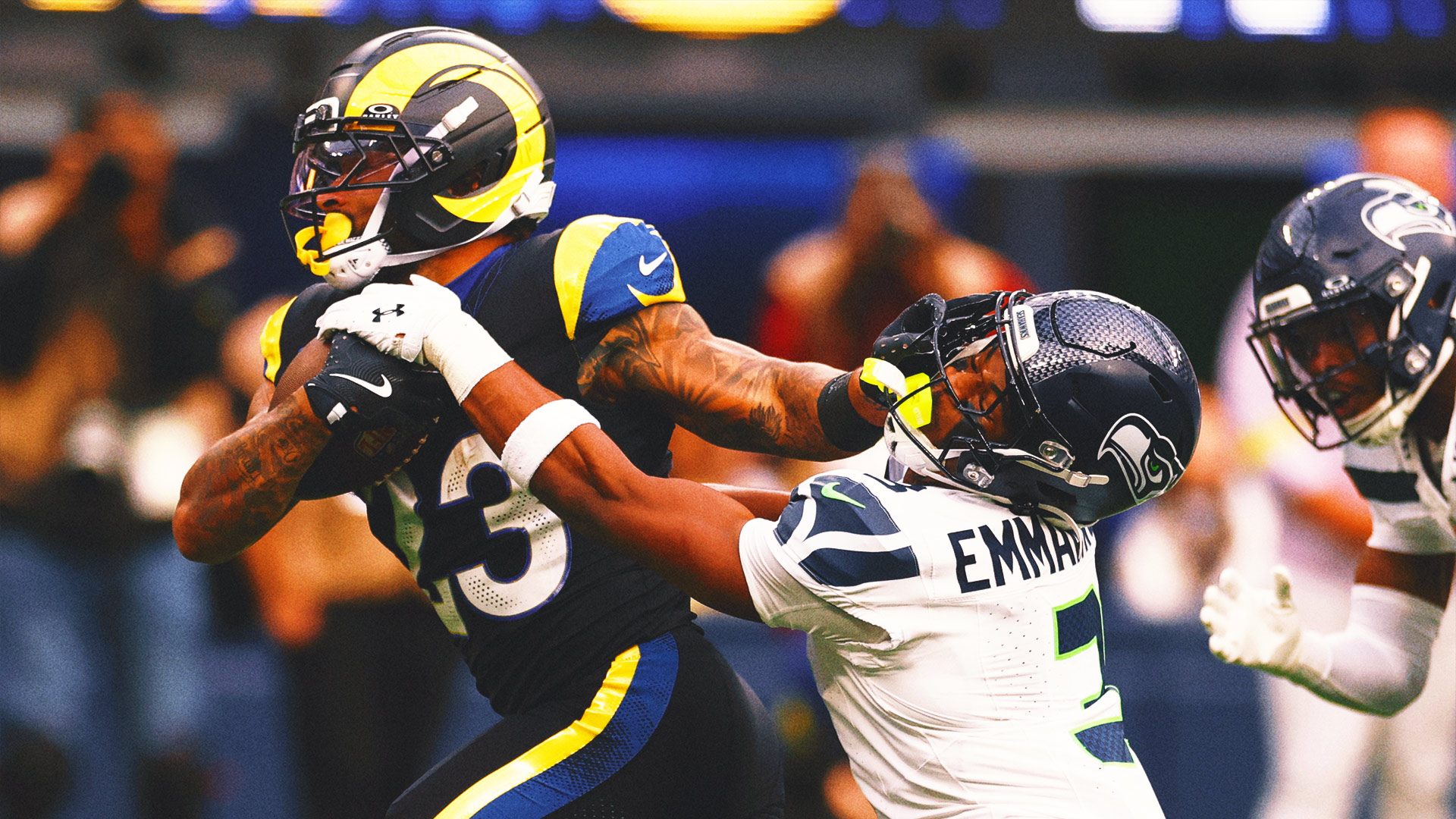GambleAware, Britain’s top problem gambling charity, announced the release of new resources to support neurodivergent people negatively affected by gambling. In its latest report, the charity highlighted six principles to effectively relieve the gambling harm of such players.
Neurodivergent Players Are More Susceptible to Harm
In its latest release, GambleAware commented on the results of studies on the effect of problem gambling on neurodivergent people, suggesting that some of them might be at higher risk of developing addictive tendencies.
The charity asserted that players with ADHD and autism might gamble as a way to cope with loneliness or due to hyperfocus and impulsivity. As a result, they have an increased likelihood of experiencing gambling harms.
Paul Nash, a lived experience individual, explained that autistic people can also be fixated on routines, meaning that gambling could easily turn into an everyday activity. For him, it was that, as well as the association with his favorite hobby (sport) and the opportunity to make money.
While Nash was lucky to undergo treatment and find a new purpose in life, GambleAware’s latest research suggests that this could be harder for many.
GambleAware Outlined Six Key Principles to Help Neurodivergent Players
GambleAware’s new report discovered that many neurodivergent people have difficulties accessing gambling support. While some are unaware of the services available, many fear stigma and judgment and avoid reaching out.
As a result, GambleAware unveiled new resources for therapists and practitioners, allowing them to improve the quality of support they provide to clients experiencing both gambling harms and neurodivergence.
These resources combine research evidence, insights from lived experience, and expert guidance and include a variety of training materials, toolkits and case studies. The objective is to breach barriers and make gambling harm treatment inclusive and even more effective.
GambleAware explained that the new resources were developed by IFF Research and Ara Recovery for All and are based on GambleAware-funded research on neurodivergent gamblers, delivered together with University of Bristol experts.
In addition to making the resources available to wall practitioners, GambleAware outlined six key principles for best supporting neurodivergent people harmed by gambling. These include the following:
- Understanding and adapting to the diversity of communication needs that neurodivergent people have.
- Ensuring clarity and simplicity in communications with neurodivergent people.
- Providing support in ways that promote the autonomy and independence of clients with neurodivergence.
- Providing support in an environment that considers the sensory needs of people with neurodivergence, such as reducing the risks of overstimulation.
- Promoting the use of self-directed approaches such as self-help tools, and informal support such as peer networks.
- Making sure staff are trained in neurodiversity awareness and different communication methods.
GambleAware Seeks to Make Treatment More Inclusive
Anna Hargrave, GambleAware’s chief executive officer, said that the latest report highlights a complex link between neurodivergence and gambling. She noted that the hyperfocus, impulsivity, social difficulties and need for stimulation, which are usual to many neurodivergent people, are key contributors to gambling harm. In addition to that, shame and stigma often prevent such players from seeking help.
Because of that, GambleAware released its new resources, seeking to promote understanding and inclusivity. Hargrave explained:
The resources we have produced are designed to support therapists and practitioners working with clients who experience both gambling harms and neurodivergence. They address a critical evidence gap in understanding how gambling harms affect neurodivergent people and how treatment can be tailored most effectively to ensure it is as effective as possible.
Anna Hargrave, CEO, GambleAwareIn other news, GambleAware recently published a paper analyzing the current state of Britain’s online gambling regulations and whether they are fit for the modern age.

 3 hours ago
5
3 hours ago
5






